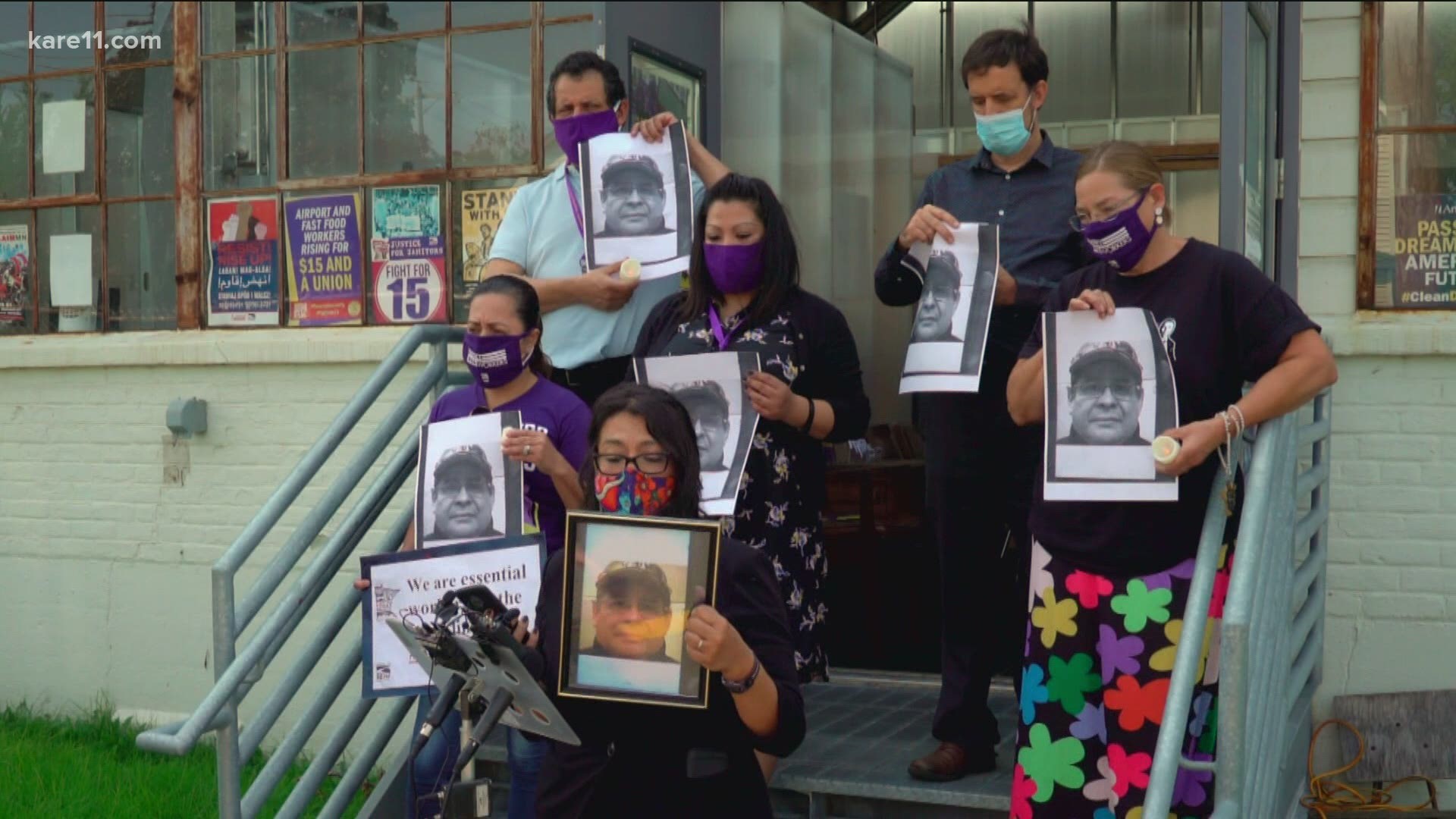MINNEAPOLIS — All throughout the pandemic, the proof has been in the stories we've heard from immigrant communities.
At the end of March, a Woodbury couple found a vitriolic note on their door that read:
"We're watching you f****** ch****, take your Chinese Virus back to China. We don't want you here infecting us with your diseases."
At the end of August, members of SEIU Local 26 gathered in front of their office steps in memory of a union member who died of COVID-19.
"We are absolutely heartbroken and upset to be here with you again to share that we have lost another member," SEIU Local 26 president Iris Altamirano said in August.
We've heard those stories throughout the summer of 2020, as the pandemic raged on. Now, professor Erika Lee at the University of Minnesota is officially compiling those stories and gathering data on Immigrants in COVID America.
"Like you, immigration is a personal topic," Lee said. "My grandparents immigrated from China in the early 20th century."
Lee said growing up, she didn't hear many stories of Asian Americans in her community. So she wanted to somehow give back, by becoming a professor and a champion for immigrant stories.
With Immigrants in COVID America, she and her team have focused on four things: Immigration Policy, Labor/Economy, Health and Anti-Asian Xenophobia during the pandemic.
For example, she and her team highlighted the irreplaceable role immigrants play in society, but how they are sometimes truly the frontline to the front line.
"Immigrant workers are disproportionately at the frontlines of so many essential industries," Lee said. "They're health care workers, food service, food protection, transportation. They're considered and deemed essential workers, but this places them in disproportionate rates of infection."
Lee also added that as a historian, she has found this time to be historic for so many reasons.
She said President Donald Trump has taken 63 immigration actions in the past six months, which is unprecedented.
"I honestly did not expect--did not think it was possible to go to the depths of anti-immigrant sentiment that we have to the point where we are now in a situation where there is virtually no immigration coming to the U.S.," Lee said. "And these are the most sweeping in U.S. history, meaning more than during the 1918 flu pandemic, more than during the Great Depression and more than during both World Wars."
So what is to come of the research?
"We hope to shine a spotlight on this data, research, reporting, perspectives so that researchers, teachers, students and advocates can have a resource to point to," Lee said.

